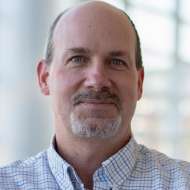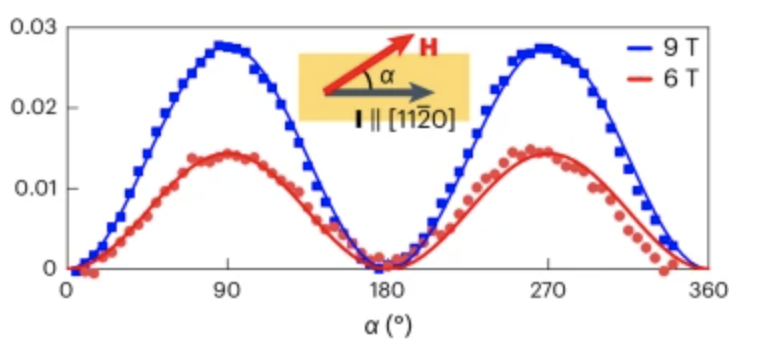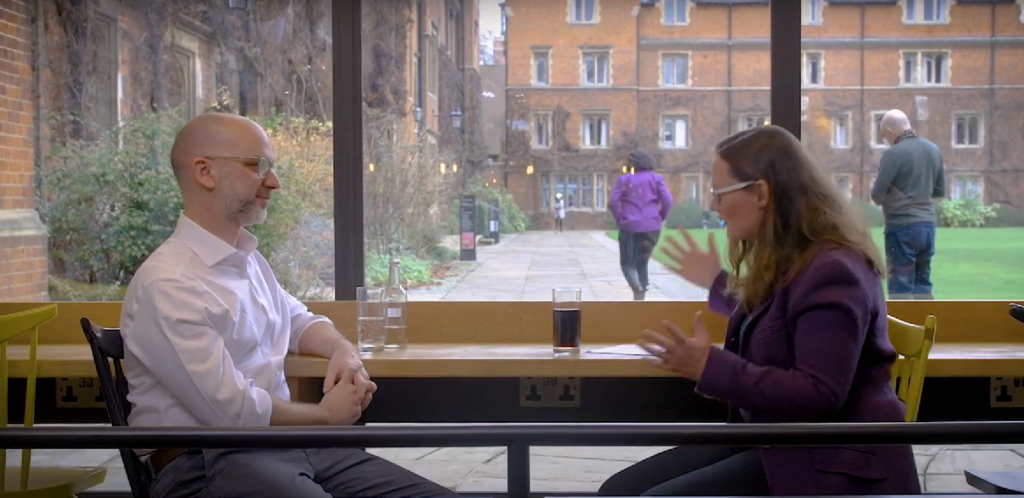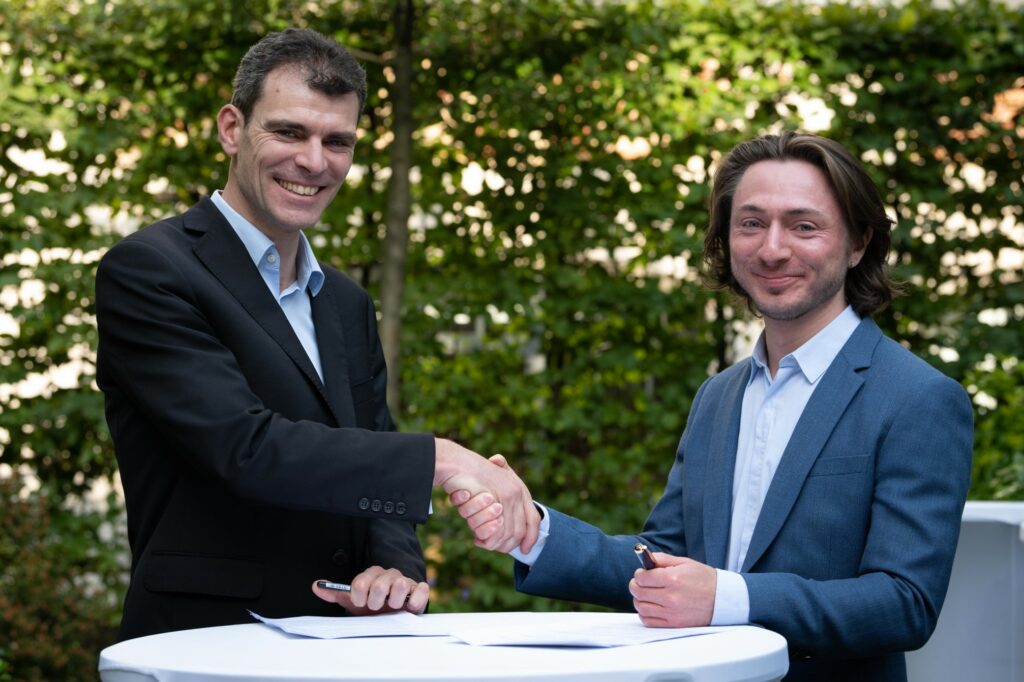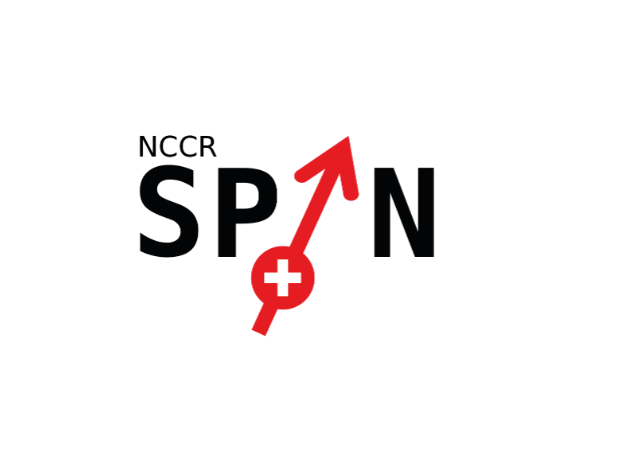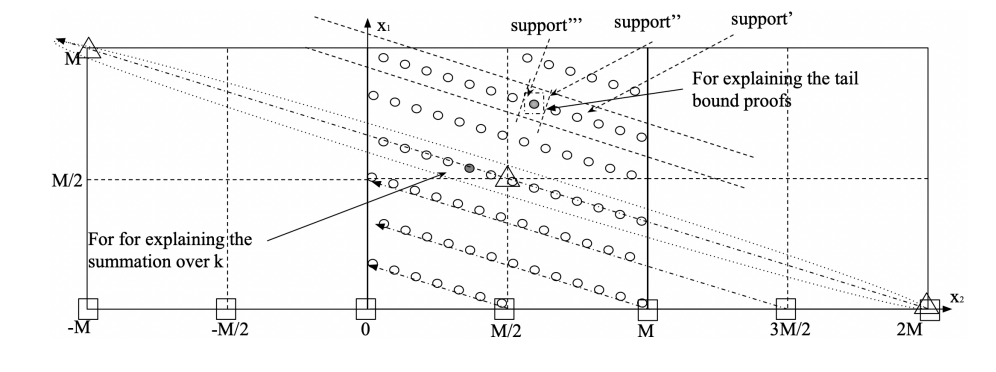
Part of the scientific process is gaining review among peers. In today’s global scientific enterprise, that typically doesn’t happen until the world’s community of scientists can weigh in, especially in an area as complex as quantum science.
And that community is beginning to weigh in on China’s claim for quantum supremacy.
John Martinis, whose team led Google’s run at quantum supremacy last year, said the “jury is still out”on the latest quantum supremacy effort.
The Financial Times is reporting that Martinis, who spoke to the Australian Financial Review Innovation Summit, welcomed the latest effort. Last week, the researchers, Jian-Wei Pan and Chao-Yang Lu at the University of Science and Technology of China in Hefei, reported in Science that their quantum computer performed a calculation called “Gaussian boson sampling” (GBS) 100 trillion times faster than a supercomputer. When a quantum computer performs at that level, scientists refer to it as quantum supremacy.
Martinis told the group that questions still remain.
“The paper came out on Friday and I’ve been talking with some theorists — these are the top theorists in the world — on this and we have a lot of questions,” Martinis said. “Although they’ve got things to work and it’s interesting, it’s not quite clear they can claim this big computational complexity in their machine and working on that I think people think theorists are going to figure that out very shortly.”
He added that review is part of the process — and something his team also went through after their claim of quantum supremacy in 2019.
“So, the jury’s out. People have to look at it,” he said. “And that’s what happens in science.”
One of the key questions is can the team’s quantum computer be programmed to do other tasks. Scientists say that if the Chinese quantum computer can only accomplish boson sampling, it will be less practical and, therefore, a less significant achievement in a practical sense, although important scientifically.
“It’s nice to run algorithms right now and you get scientific papers out of it, but if you really want to build something useful, you want to do different problems and you want to be able to change the things you’re running without spending too much time and effort,” said Martinis.








